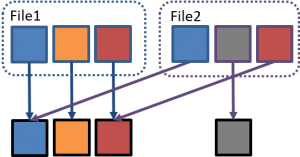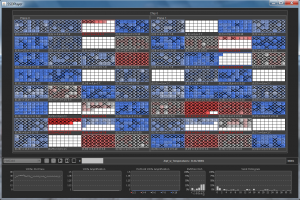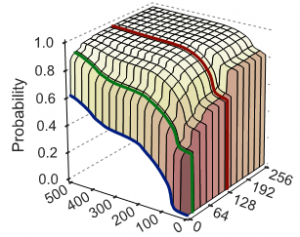Spring 2025
Winter 20234-2025
- Storage Systems (236322) [Winter 2014-Present]
- Computer Organization And Programming (ATAM) (234118) [Winter 2022-Present]
Spring 2024
- Advanced Topics in Storage Systems (236422) [Spring 2020-Present]
The Project in Storage Systems (236388) has a prerequisite of Operating Systems, and can be taken individually or in pairs





Past Courses
- Seminar on Storage Systems: SSD state-of-the-art (236834) [Spring 2022]
- Seminar on Storage Systems: Storage Giants (236834) [Spring 2019, Spring 2021]
- Seminar on Storage Systems: Deduplication (236834) [Spring 2017, Spring 2020]
- Seminar on Erasure Coding in Distributed Storage Systems (236801) (with Prof. Eitan Yaakobi) [Spring 2016]
